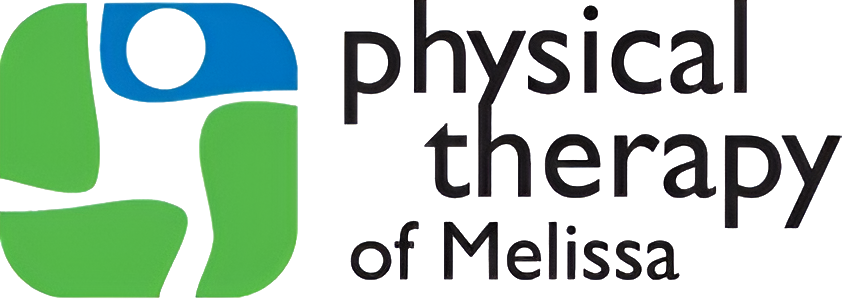
Concerned About Your Back Pain? You Might Have a Herniated Disc
You’re sitting comfortably watching TV one day, and then when you stand up, there’s suddenly a sharp pain radiating through your back. If this scenario sounds familiar to you, you may have herniated disc pain. This type of pain can sneak up on you and become debilitating if it isn’t given the proper attention.
There is good news though, a trained physical therapist can help! Give our Physical Therapy of Melissa a call for a consultation and evaluation, so you can get a proper diagnosis.
What is a herniated disc?
The spine consists of 33 bones referred to as vertebrae. The vertebrae are cushioned by discs made up of a gel-like substance. This cushions the discs and prevents friction. It’s the discs that allow movement of the spine, such as bending over.
However, if a disc slips out of place between the vertebrae, you have a herniated disc. This condition is also known as a ruptured disc or slipped disc. A herniated disc can cause extreme pain if it irritates the surrounding nerves.
How does physical therapy benefit a person with back pain or a herniated disc?
Some people believe that physical therapy only benefits those who have just undergone intense surgery and need help recovering. This isn’t true! Physical therapists are truly movement specialists who can be of assistance in many different health scenarios.
A physical therapist can assess your current condition and look at your medical history to determine if the cause of your pain is likely from a herniated disc. They will design a specific treatment program to reduce pain and speed up your recovery, so you can return to your normal activities and lifestyle. Typically, recovery can be achieved within two to eight weeks with the help of a physical therapist.
Your physical therapist will choose specific treatments that include targeted stretches and exercises to help restore movement and reduce pain. Passive movements may be performed on you by a physical therapist and then you can progress to active exercises on your own.
Stretching exercises will also be done, which can be done at home. The reason for at home exercises being worked into your treatment plan is so that progress towards recovery can continue even when you are not being watched in the office by your therapist.
Other modalities of treatment for herniated disc pain include hot and cold therapy, massage, electric stimulation, ultrasound and soft tissue mobilization. Your therapist will be able to determine which modality is best for you depending on your situation and pain levels.
Causes of disc herniation
Sometimes, people are unable to determine what caused their herniated disc. We move so much, and ther are certainly moments where we injure yourself and don’t realize it until days or weeks later when the pain hits! The most common symptoms of a herniated disc are arm or leg pain. Many patients report feeling tingling, numbness, or a general feeling of weakness in their extremities.
You may also feel pain in your calf, thigh and buttocks. If you have a herniated disc in the neck, you’re likely to feel pain in the arm and shoulder. When you cough or sneeze, the pain may shoot into your leg. Numbness or tingling may be felt in parts of the body. You may also be unable to lift items, as the muscles served by the affected nerves tend to weaken.
Of course, there is always the threat of this condition forming as a person ages. A herniated disc often caused by age-related wear and tear. This condition is known as disc degeneration. With age, the disc loses water content, which makes them more prone to tearing and less flexible. Twisting and turning when lifting something can also cause a herniated disc. Even a fall or strike to the back can result in a herniated disc. Excessive weight, occupation and genetic disposition can be the cause of disc herniated, too.
Are you ready to find the back pain relief you deserve? Call us today!
If you’re suffering from herniated disc pain, you’re probably getting tired of dealing with the various symptoms that come along with it. Believe us, we get it! We’re here to help you overcome this obstacle. Call us today to schedule an appointment. Our physical therapists will review your medical history, test your mobility, test your range of motion and create a personalized treatment plan just for you. We’ll get you on the road to recovery in no time at all.
